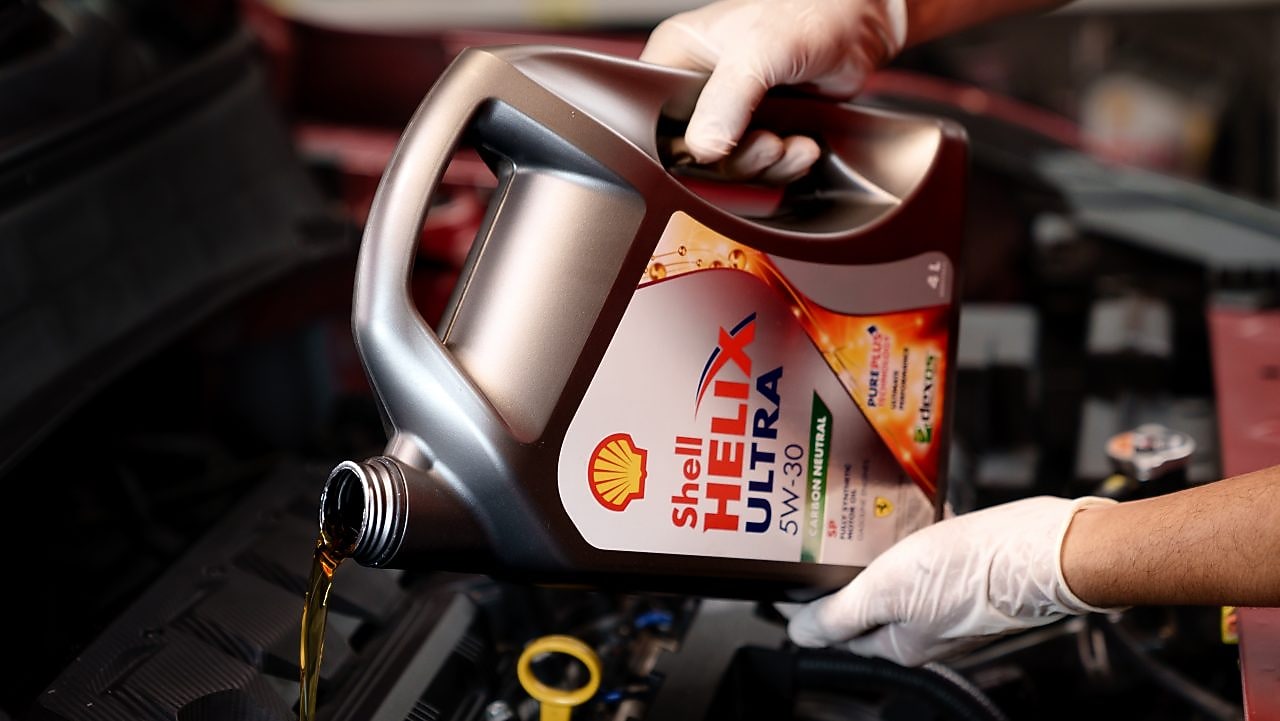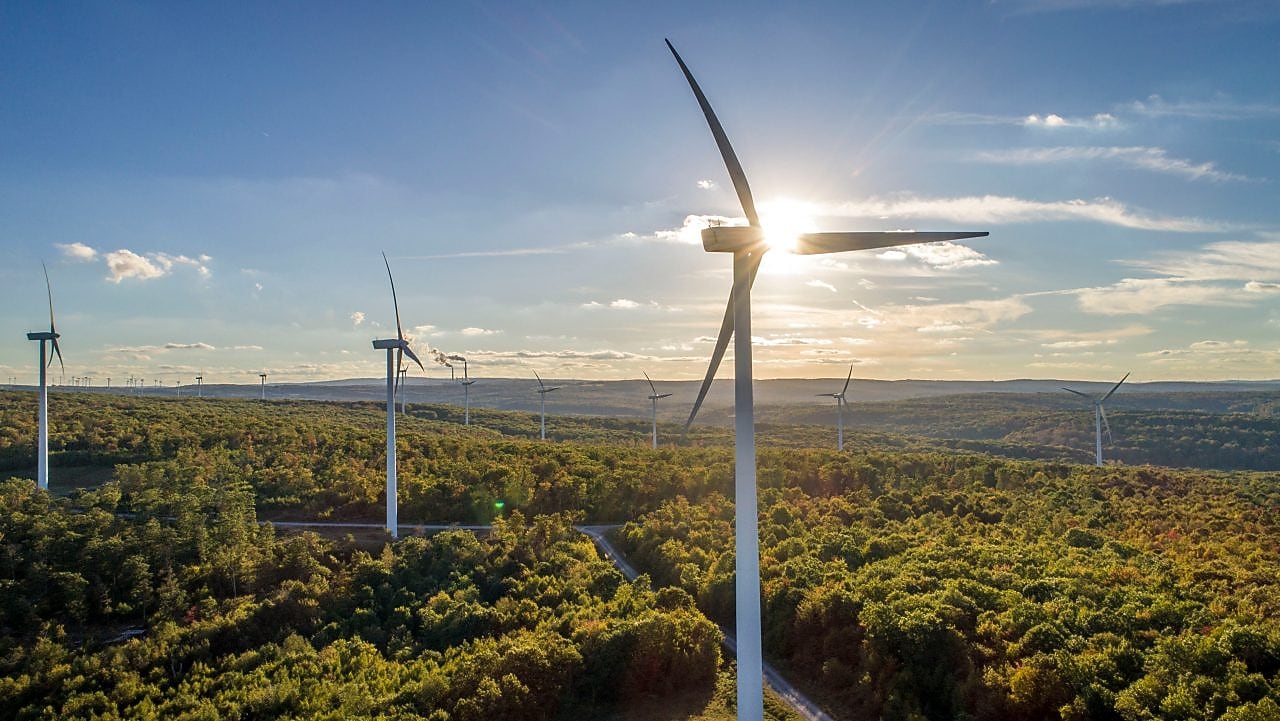
Shell for business
We aim to make doing business with us as easy as possible, by offering a range of service solutions to make your operations run more efficiently.
Find out more
Download the Shell Fleet Prepaid App today

Business Opportunity - Shell Retailership
If you’re a natural leader with a passion for customer service, Shell can offer you exciting and rewarding opportunities to operate a network of Retail Outlets.
Find out more

Find the right lubricant
Explore our lubricant offering with LubeMatch
Shell Fleet Prepaid
Simplify your expense management and monitor your fleetʼs expenditures with one swipe of the card.
Find a Shell station
Locate your nearest Shell service station




